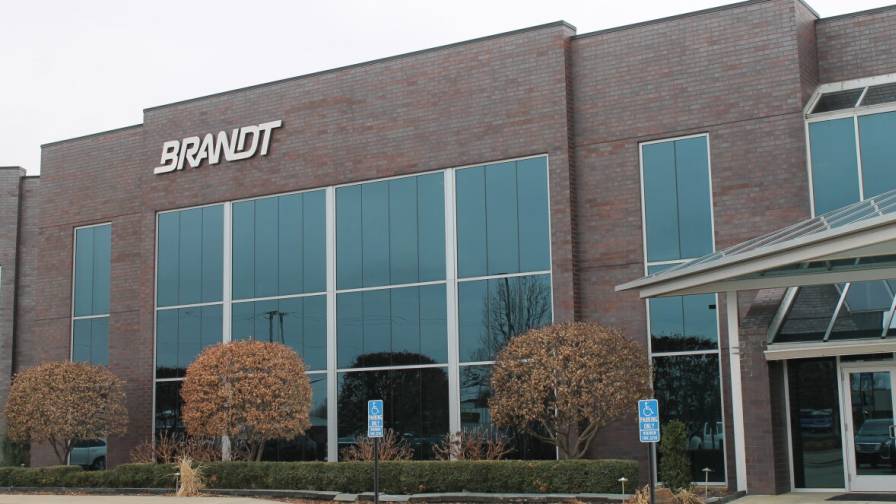Major Companies Are Spreading Ag’s Good News
The various companies that do business in the agricultural industry all work towards a common goal – helping grower-customers to provide food, fiber, and fuel for the world to use. Yet, according to Neil Cleveland, Director of U.S. Green Business for Bayer CropScience, these same companies have been a little less united in their efforts to actively promote the good news of modern agriculture to the general public.
At least until now.
“It’s really great to see some consistency in action among agricultural organizations on this topic,” said Cleveland, speaking at the 2017 Mid America CropLife Association annual meeting in Kansas City, MO, as part of the Industry Advocacy Initiatives session. “I question sometimes why we don’t amplify this better as an industry.”
At Bayer, Cleveland said that the company has “an obligation” to speak out on the positive aspects of agriculture “because we are a leader in the industry.”
“Besides, there is lots of misinformation in the marketplace about agriculture with the general public,” he said. “So we have to make sure we tell the good story about ag, because no one else might.”
According to Tom Schaefer, Seed Treatment Marketing Lead for Monsanto, part of the problem for agricultural organizations in spreading this good news has been rooted in past efforts that haven’t been entirely successful. “When Monsanto first started talking about agriculture with the public 10 to 15 years ago, we used lots of facts and science – and we quickly got nowhere,” said Schaefer. “Now, we have changed this focus to be more on emotions than science by sharing personal stories with the public.”
For the past few years, Monsanto has promoted its Growing Our Voice Ambassador Program. “This allows our employees to speak on the positives of agriculture by building trust and relationships with the audience,” he said. Since it started, added Schaefer, more than 4,000 ambassadors have spoken about agriculture’s positives on a global basis.
Another company using employees to spread the good word about agriculture is the newly formed DowDuPont. According to the company’s Logistics Specialist Lindsey Jackson, approximately 50% of DowDuPont employees didn’t grow up with an agriculture background. This same percentage have also been with the company for less than five years. “That means most of these folks don’t fully understand all of the industry’s issues,” said Jackson.
To help, DowDuPont has provided clear talking points to employees and sent several of them out into their communities to tell agriculture’s positives stories. “As of today, we have over 2,000 hours in employee participation in this Grow the Conversation program, speaking at high schools and online,” said Jackson.
Finally, Syngenta Crop Protection has taken a commitment to helping growers increase their biodiversity and improve their farmland through its Good Growth Plan. According to Jill Wheeler, Head of Sustainable Productivity for North America at the company, Syngenta has set up a series of benchmark farms in 42 different countries that track 23 different types of crops.
“We are committed to increasing biodiversity on 12 million acres and improving farmland by reducing degradation or soil quality on 24 million acres globally,” said Wheeler. “We also looked at the human component by empowering small land holders to increase their productivity by 50% and training 20 million farmers in labor safety practices.”






